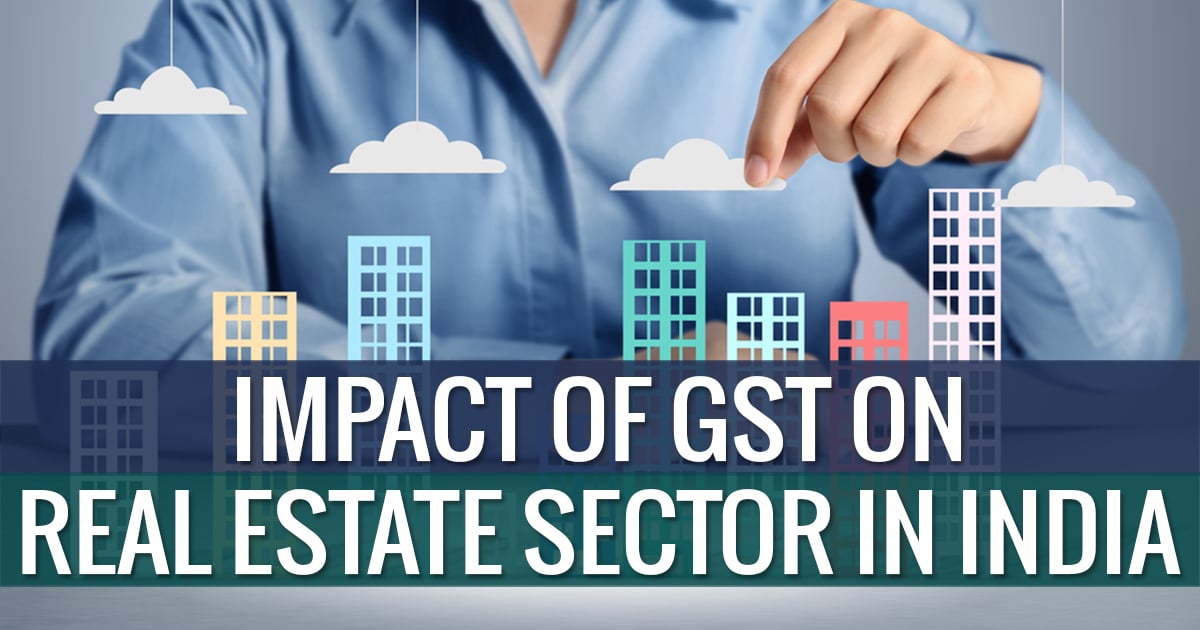Impact of Retrospective GST Amendment on Real Estate

The recent retrospective amendment to the Goods and Services Tax (GST) regulations has stirred significant debate within the commercial real estate sector in India. This change, effective from July 1, 2017, restricts the ability of companies to claim Input Tax Credit (ITC) on construction costs for rental properties. The amendment has raised concerns among industry experts, who argue that it undermines the stability and predictability that businesses require to thrive. This article delves into the implications of this amendment, its legal background, and the potential reactions from the industry.
Understanding Input Tax Credit (ITC) and Its Importance
Input Tax Credit (ITC) is a crucial component of the GST framework. It allows businesses to offset the tax they pay on inputs—such as raw materials and services—against their GST liability. This mechanism significantly reduces the overall tax burden for businesses, making it a vital aspect of financial planning and cash flow management. For sectors like commercial real estate, where construction costs can be substantial, the ability to claim ITC is particularly important.
The recent amendment, however, has introduced restrictions that prevent entities from claiming ITC on construction costs for properties they build for leasing. Rohit Jain, deputy managing partner at Economic Laws Practice, highlighted that this change particularly affects the hospitality and commercial leasing sectors. By limiting the eligibility for ITC on goods and services used in construction, the amendment poses a financial challenge for businesses that rely on these credits to manage their tax liabilities effectively.
Legal Background: The Safari Retreats Case
The retrospective amendment has its roots in a Supreme Court ruling involving Safari Retreats, a real estate developer. The court had previously determined that a building could be classified as a “plant,” allowing the developer to claim ITC on construction costs. This ruling was based on a nuanced interpretation of tax law, distinguishing between “plant or machinery” and “plant and machinery.”
The recent amendment alters this terminology, effectively reversing the Supreme Court’s decision. Sudipta Bhattacharjee, an indirect tax partner at Khaitan & Co, noted that while this amendment dampens spirits in the commercial real estate sector, it only addresses one aspect of the Supreme Court’s ruling. The legal arguments surrounding the construction of properties for one’s own account remain intact, providing a potential avenue for businesses to challenge the amendment.
Industry Reactions and Future Implications
The industry response to the retrospective amendment has been largely negative. Many stakeholders view it as a regressive step that could deter investment in the commercial real estate sector. The amendment is seen as a departure from the principles of stability and predictability that businesses need to operate effectively. Jain emphasized that any retrospective change denying benefits to taxpayers is typically met with resistance.
Moreover, the possibility of legal challenges cannot be ruled out. Previous Supreme Court decisions have affirmed that vested rights accrued by taxpayers cannot be revoked through retrospective amendments. This precedent may empower businesses to contest the new regulations, arguing that they undermine established rights. As the commercial real estate sector grapples with these changes, the focus will likely shift to how businesses can navigate this new landscape and potentially leverage existing legal interpretations to their advantage.
Observer Voice is the one stop site for National, International news, Sports, Editor’s Choice, Art/culture contents, Quotes and much more. We also cover historical contents. Historical contents includes World History, Indian History, and what happened today. The website also covers Entertainment across the India and World.

